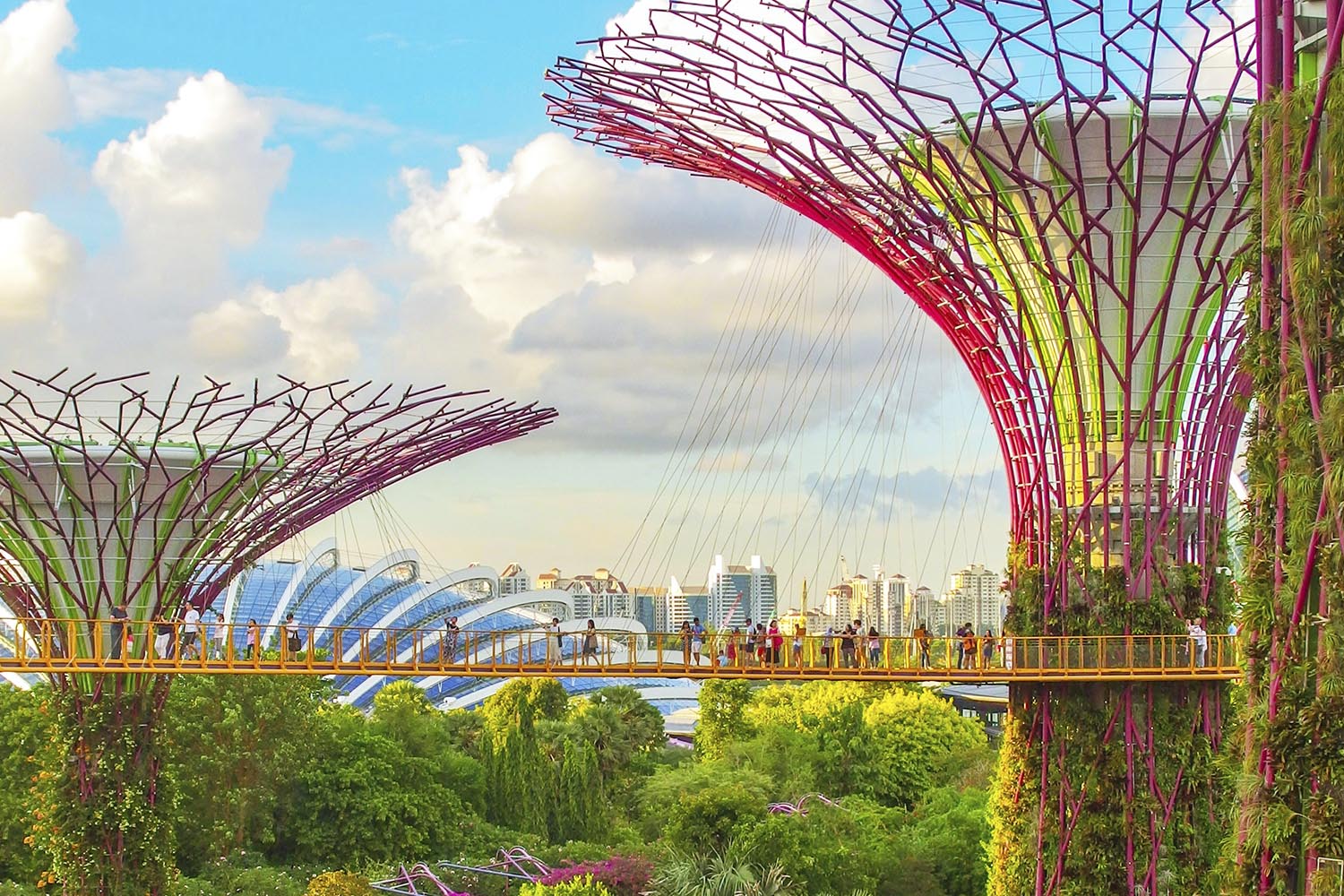
Singapore is recognised as a key global arbitration hub, ranking among the top five preferred arbitration seats alongside London, Paris, Geneva and Hong Kong. This makes it a prime destination for both local and international arbitrators, whether they serve on institutional or ad hoc panels. This article provides an overview of Singapore’s arbitration landscape, focusing on the rules and processes governing the appointment of arbitrators.
Unlike many other jurisdictions, Singapore operates under two main pieces of legislation governing arbitration: the Arbitration Act 2001, which applies to domestic arbitrations and the International Arbitration Act 1994, which governs international arbitrations. An arbitration is generally considered ‘international’ if certain criteria are met, such as at least one party having its place of business outside of Singapore.
Under the IAA, the UNCITRAL Model Law on International Commercial Arbitration (Model Law) is applicable in Singapore, with a few specific modifications. The rules for appointing arbitrators in both domestic and international arbitrations are broadly similar under both the AA and IAA.
A critical early step in any arbitration is the appointment of the arbitrator(s). Following the principle of party autonomy, parties are free to decide both the number of arbitrators and the procedure for appointing them. If the parties do not specify the number of arbitrators, both the AA and the IAA default to the appointment of a sole arbitrator.
Both the AA and IAA also set out the default procedures for appointing arbitrators if no agreement is reached. For example, in a case involving two parties and three arbitrators, each party appoints one arbitrator and the third is to be jointly agreed upon. Supposing the parties cannot agree on the third arbitrator. In that case, they can request the appointing authority - the President of the Court of Arbitration at the SIAC - to make the appointment.
While it is clear that an arbitrator must have the necessary qualifications and experience, neither the AA nor the IAA stipulates specific qualifications, allowing parties to have greater flexibility in their selection process. However, an arbitrator may be challenged if there are grounds to doubt their impartiality or independence or if they do not meet the qualifications agreed by the parties.
An individual approached for appointment as an arbitrator must disclose any circumstances which could raise doubts about their impartiality or independence. Once appointed, the arbitrator must continuously disclose any such circumstances to the parties as soon as they arise, unless they have already informed the parties.
Singapore’s legal sector, known for its mix of homegrown talent and international expertise, offers a diverse pool of qualified arbitrators. Local arbitrators come from various professional backgrounds, including former judges, some of whom served as appellate judges, Senior Counsel (the Singapore equivalent of King’s Counsel in the UK), practising lawyers, in-house counsel and industry specialists.
International arbitrators, coming from countries such as Australia, China, India, Japan, Malaysia, the US and the UK, can also be appointed, provided the arbitration agreement permits it. There are few restrictions on appointing foreign arbitrators who are not based in Singapore.
Singapore’s arbitration system also sees increasing efforts to promote diversity and inclusion. Although women remain underrepresented on arbitral panels, making up only 10-15% of such panels, efforts are underway to address this imbalance. In 2022, 46.2% of the 145 arbitrators appointed by SIAC were women, up from 35.8% in 2021. Additionally, former Singapore Attorney General VK Rajah Senior Counsel has advocated for the inclusion of more Asian arbitral practitioners.
Singapore is home to two primary arbitration centres: the SIAC and the SCMA, each with its own set of rules.
<p><span class="news-text_italic-underline">a. The Singapore International Arbitration Centre</span></p>
SIAC’s directory includes over 100 arbitrators specialising in areas such as energy, engineering, procurement and construction. These arbitrators come from over 25 countries, including Australia, Canada, China, France, Germany, India, Japan, Korea, Pakistan, the UAE, the US and the UK.
Admission to the SIAC panel is competitive, with the SIAC Court of Arbitration making appointments by invitation or following an application. Applicants must demonstrate significant expertise and experience in international arbitration and maintain good standing. The requirements include:
Under the SIAC Rules, the default position is for a sole arbitrator unless the parties agree otherwise. The SIAC Rules also allow parties to nominate arbitrators, but these nominations must be formally confirmed by the President of the SIAC Court of Arbitration, who has the discretion to approve or reject the appointment.
<p><span class="news-text_italic-underline">b. The Singapore Chamber of Maritime Arbitration</span></p>
The SCMA specialises in maritime disputes, covering areas such as bunkering, cargo loss, ship collisions, charterparties, marine insurance, salvage and shipbuilding. It boasts a panel of over 100 experts from around the world. Admission to the SCMA panel is at the discretion of the SCMA’s Board of Directors, based on recommendations from the Procedure Committee. Candidates must meet certain criteria, such as:
Unlike the SIAC, the SCMA Rules provide for a default three-member tribunal unless the parties agree otherwise. If the parties fail to appoint arbitrators as required, the SCMA Chairperson has the authority to make the necessary appointments.
Singapore’s arbitration framework, supported by well-established rules and procedures, attracts highly qualified arbitrators from around the world. As one of the most popular arbitration destinations globally, Singapore offers parties a wide range of skilled arbitrators, ensuring a robust and impartial arbitration process.